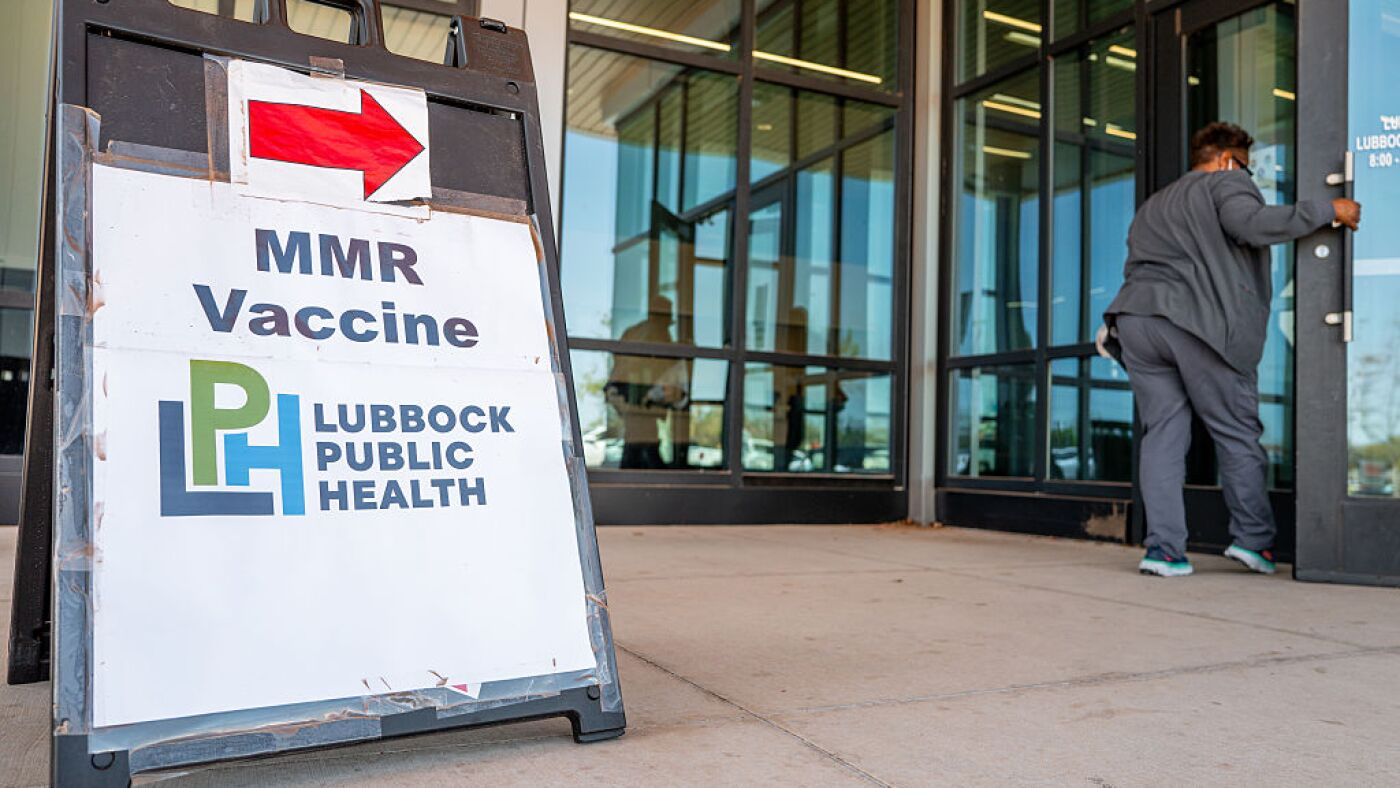The Texas Measles Outbreak: A Deep Dive
The Unfolding Crisis
In the heart of Texas, a silent but potent threat has been spreading, capturing the attention of public health officials and communities alike. The measles outbreak, which began in January 2025, has swiftly grown into the largest since the year 2000, with over 683 confirmed cases. The virus has not been contained within Texas borders; it has seeped into neighboring states and even crossed international lines into Chihuahua, Mexico. The rapid and widespread nature of this outbreak has sparked urgent conversations about public health, vaccination, and community responsibility.
Mapping the Spread
The outbreak’s epicenter lies in Texas, but its tendrils have reached far beyond. Multiple counties within the state have reported cases, creating a web of infection that public health officials are racing to untangle. The virus’s journey doesn’t stop at state lines. New Mexico and Oklahoma have reported related cases, and the Mexican state of Chihuahua has also felt the impact. This regional spread has elevated concerns about the potential for a full-blown epidemic, pushing health departments to act swiftly and decisively.
The Public Health Battleground
The response to the outbreak has been a coordinated effort, involving a cast of characters from local health departments to federal agencies. Katherine Wells, the public health director in Lubbock, Texas, has been a key player in this fight. Alongside other dedicated health officials, she has been working tirelessly on containment strategies, vaccination drives, and public awareness campaigns. The Centers for Disease Control and Prevention (CDC) and the Texas Department of State Health Services (DSHS) have been instrumental in these efforts, providing guidance, resources, and support.
The Power of Prevention
Vaccination stands as the most formidable weapon in the arsenal against measles. The CDC and DSHS have been vocal about the importance of immunization, recommending two doses of the measles-mumps-rubella (MMR) vaccine for complete protection. However, vaccination rates in affected areas have been on a decline, fueling the outbreak’s fire. Lara Johnson, the chief medical officer at Covenant Children’s Hospital in Lubbock, has been a strong advocate for vaccination, emphasizing the vaccine’s 97% effectiveness, even post-exposure.
The Skepticism Hurdle
The outbreak has been complicated by a significant obstacle: vaccine skepticism. Misinformation and unfounded fears about vaccine safety have led to resistance in some communities, leaving a sizeable portion of the population unvaccinated and vulnerable. The Texas health department has been working diligently to address these concerns, launching public education and outreach programs to dispel myths and promote immunization.
The Toll on Healthcare Systems
The outbreak has taken a substantial toll on healthcare systems in the affected regions. Hospitals have been inundated with patients, with over 40 people hospitalized due to measles. The outbreak has claimed a tragic life—a child’s death marking the first measles-related fatality in a decade. The emotional and financial burden on families and healthcare providers has been immense, highlighting the urgent need for effective control measures.
Looking Ahead
Public health experts have a sobering prediction: the outbreak may continue for another year, given current trends and control challenges. The CDC and local health departments are vigilantly monitoring the situation, adapting their strategies to curb further spread. This outbreak serves as a stark reminder of vaccination’s importance and the dangers of vaccine hesitancy.
The Path Forward
The Texas measles outbreak is more than just a health crisis; it’s a call to action. It underscores the vital need for robust public health measures and community engagement. Vaccination is our strongest defense against this highly contagious disease. It is crucial for public health officials, healthcare providers, and community leaders to collaborate, addressing vaccine skepticism and promoting immunization.
The battle against measles is not just a fight against a virus; it’s a fight for public health and the well-being of our communities. It’s a fight that requires unity, education, and unwavering commitment. The future of our communities depends on it. The choice is clear: vaccinate, educate, and protect. The stakes are high, but so is the potential for triumph. Together, we can turn the tide against this outbreak and build a healthier, safer future.

